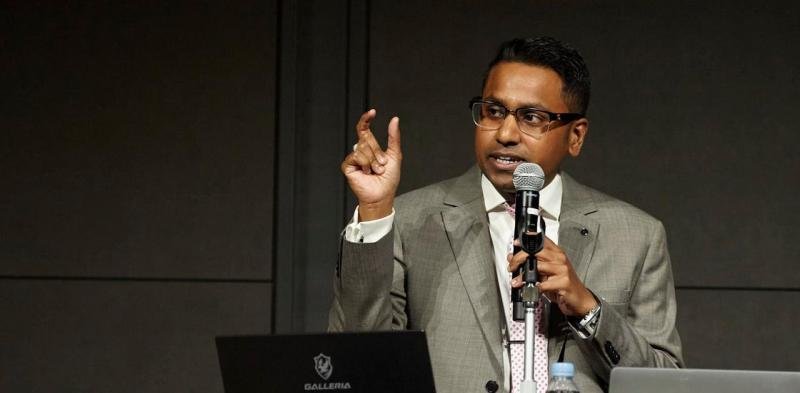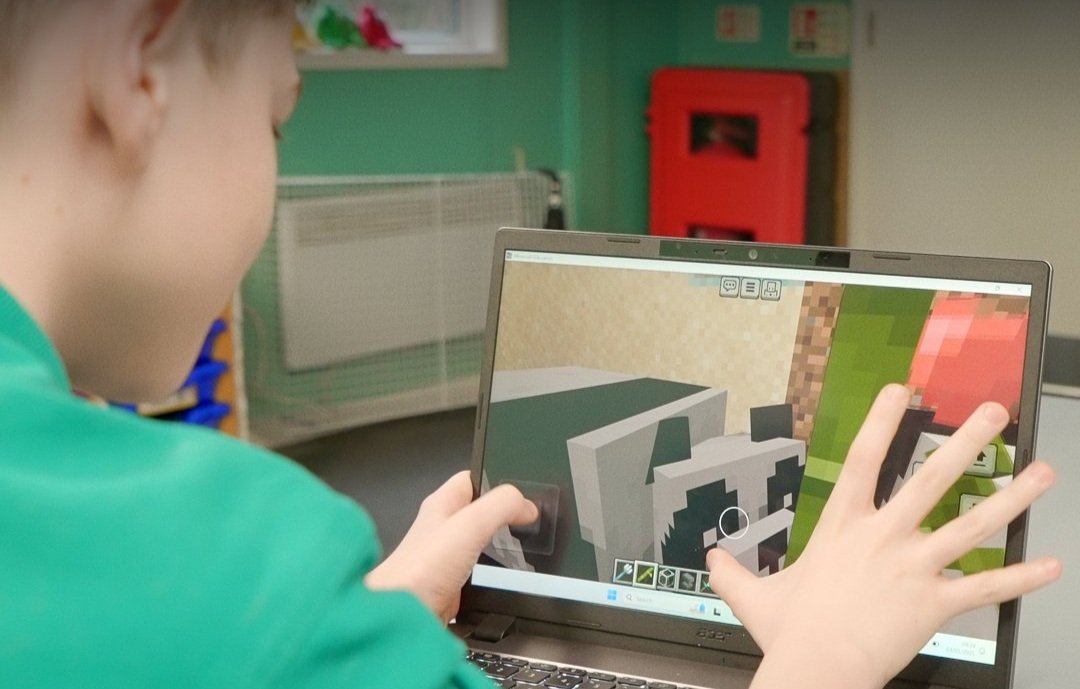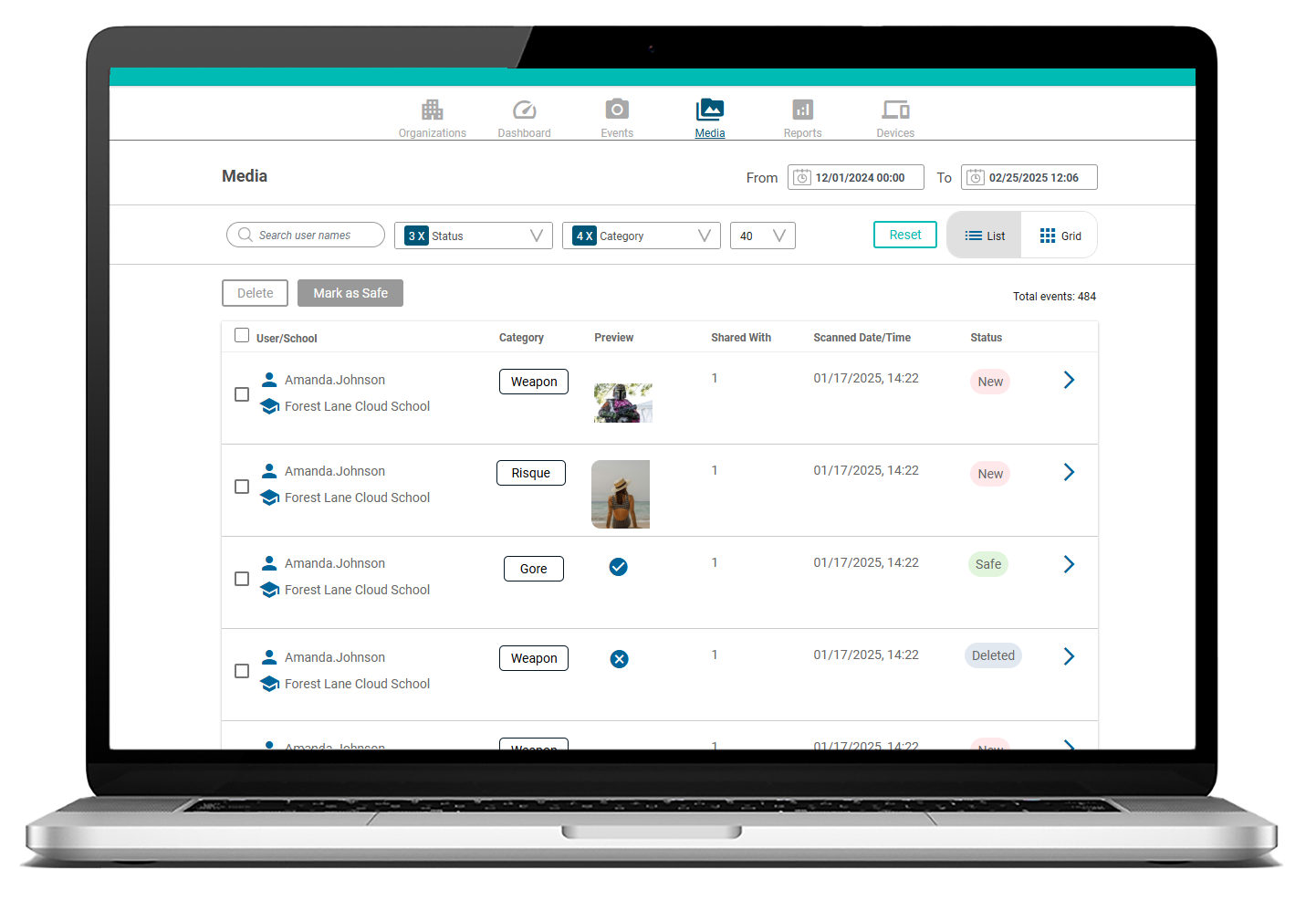Theirworld survey finds UK kids less likely to be ready for primary school than international classmates
A survey of primary school teachers has revealed that UK children are falling behind their classmates in other countries when it comes to being ready for school.
37% of primary school professionals in the UK warn that most of their pupils are not developmentally ready when they start school.
60%, according to the survey by children’s charity Theirworld, say the problem is getting worse each year.
They state they are seeing a significant proportion of four and five-year-olds unable to wash their hands, go to the toilet independently, identify numbers and letters, or read simple words, including their own names.
The survey comes as tens of thousands of children across England, Wales and Northern Ireland start primary school for the first time this week.
33% of the UK teachers polled for the research blame children’s developmental delays on low attendance of preschool and 37% cited a lack of affordable childcare options.
42% of those surveyed believe pupils are lagging behind because developmental delays in preschool-aged children are not being identified early enough. 40% blame the Covid pandemic for the fact that so many children in the UK do not appear to be developmentally ready for school.
Theirworld polled almost 2,600 teachers and school professionals across the UK, the US, Brazil, the Netherlands, South Africa and India. Some 60% of the UK teachers taking part told the charity that children had become less ready for school over recent years.
Teachers quizzed in India said the opposite: 70% believe their pupils are more prepared for school than they used to be. Only teachers in the US (78%) and Brazil (64%) share UK teachers’ concerns.
Most of the UK primary school professionals quizzed in the survey think only a small minority of pupils can go to the toilet independently or wash their hands when they start school. The survey found that 22% of primary school teachers think that at least four in every five of their pupils can perform these age appropriate tasks.
A quarter of the UK primary school teachers involved say most of their pupils cannot identify simple letters or words, including their own name when they start school.
Sarah Brown, Chair at Theirworld, says that unless world leaders prioritise investment in the early years there would be “repercussions for the most vulnerable children for generations to come”.
There is “currently no funded plan in place to achieve the target world leaders set in 2030 for every child to have access to high quality early childhood development, care and education so that they are ready for primary education.”
“90% of a child’s brain develops by the age of five, making the period between birth to school the most important time of their lives,” she comments.
“Failing to support children during these crucial years means setting them up for lifelong challenges. The lack of early years investment is a global crisis that if not addressed urgently, will have huge repercussions for generations to come. The evidence is clear: when we support children’s early years, we build stronger, healthier and more prosperous societies.”
Theirworld is urging governments to invest in early childhood and immediately commit $1 billion (£782 million) in new funding to kickstart progress and action for the youngest children. This investment must support the high quality proven packages of care and preschool that a child needs to thrive in the first five years of life, it adds.
Spending on early childhood development is woefully low across the world, averaging just 0.7% of GDP globally. In some countries, such as the US, Greece and Portugal, it is as low as 0.3% of GDP, according to OECD figures from 2019.
The survey, conducted by Hall + Partners, is part of Theirworld’s Act For Early Years campaign, which is calling on governments to urgently prioritise spending on the first five years of a child’s life.
Neil Leitch, CEO at the Early Years Alliance, says: "There is a wealth of research that shows just how critical the first five years of a child’s life are to their long-term development - and yet, all too often, education is seen as something that starts at the school gates.”
“This simply must change if we are to ensure that all children, regardless of background, are given the best possible start in life. That's why we're supporting the #ActForEarlyYears campaign's call for greater investment into the early years in the UK and globally.”
“We're clear that greater support for our critical sector is vital if we are to ensure that children are prepared not only for the transition to school, but also into adulthood.”































